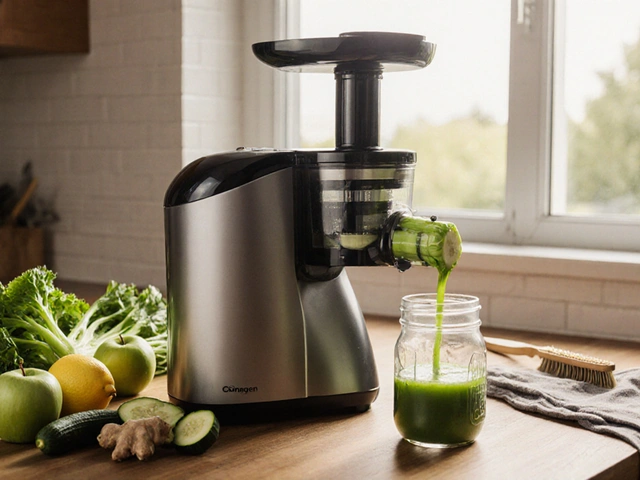Understanding Stress and Its Impact
By now, most of you should be well acquainted with our uninvited lifelong companion - stress. It's like the cousin who shows up at family gatherings invited or not, eats all the good food and leaves a mess in his wake. Stress has a knack of cropping up when you least expect or need it, thrives on your energy and leaves you depleted. But, the tricky part is understanding what stress actually is, and how it impacts our lives and well-being. Thus, the first step towards stress reduction is understanding what you're dealing with.
Stress is a natural human response to challenges or demands. In small doses, stress can be beneficial, as it prepares you to confront danger, motivates you to achieve your goals and can boost your memory. But, on the flip side, when stress persists over a long period of time, it negatively impacts both your physical and mental health, leading to myriad of health problems such as heart disease, depression, obesity and memory disorders.
Stress Management: Traditional Vs Holistic Approach
The traditional approach to stress management is usually top-down, meaning it caters primarily to the symptoms instead of addressing the root cause. This can be exemplified by prescription medications, which may provide relief in the short term but do not necessarily improve your situation in the long run. Add to that, the possible side effects and there's another stressor to manage!
Edna, my better half, often reminds me of this humorous but profound statement, "Why deal with one problem when you can have two?". This is where the need for a holistic approach to stress management comes into play. The holistic approach to stress management is a bottom-up approach as it focuses on addressing the root cause of the stress. It includes components such as diet, exercise, meditation, and social connections, aiming at transforming your behaviours and lifestyle, fostering a framework that can absorb and manage stress effectively.
The Role of Healthy Eating Habits
Did you know stress eating is not always a bad thing? As long as you're gobbling nutritious foods instead of unhealthy snacks! Healthy food intake works wonders in reducing stress as it can balance your blood sugar, maintains your energy levels, and boosts your mental wellbeing. So next time you feel stressed, instead of reaching for that bag of crisps, try a bowl of fresh fruits or a handful of nuts.
Maintaining a balanced diet doesn’t just stop at choosing the right food. It's also about your eating habits. Meal timings, portion sizes, and the right combination of nutrients all combine to play their part. Consistent meal timings help regulate your body’s metabolic process, reducing stress hormones.
Exercise Your Way to a Stress-Free Life
Here's a fun fact: Did you know that you can actually sweat your stress away? That's right! Exercise is a potent stress buster. As brilliant as your mind may be, it often forgets that you're not actually being chased by a lion in the savannah but are instead just navigating the concrete jungle that is modern day life.
Exercise works on various levels to reduce stress. While it helps to burn off the excess adrenaline that your stress response generates, it also pumps up your feel-good endorphins. A regular exercise routine also acts as a confidence booster, distracts you from your worries, and improves your sleep quality. So, whether it's a jog in the park, a yoga session or just a fun dance-off in your living room, find an activity that you enjoy and lets you blow off some steam.
Mental Wellness and Mindfulness
Hang on, folks! Please don't dismiss this as some new age mumbo-jumbo. I promise it's as scientific and research-based as it gets. Emotional resilience and mindfulness don't only maintain mental health but also fortify your ability to manage and minimize stress. Practicing mindfulness can be as simple as focusing on your breath for ten minutes daily, or as complex as a formal mindfulness-based stress reduction program.
My personal experience since I started practicing mindfulness meditation was nothing short of transformative. It's like watching a television serial you've followed for years, all the while thinking it was real, and then suddenly figuring out none of it is! You begin to see your thoughts for what they are: figments of your mental environment that you need not identify with or stress over. After all, if you can laugh at the absurdity of your favourite sitcom, why not your own anxious pondering?
Together, we've taken an insightful tour towards holistic stress reduction. Despite the enduring nature of stress, applying the tools we discussed above can certainly empower us to better handle stress and guide us on a path towards improved wellness. A holistic approach, integrating healthy eating habits, physical activities, and mental wellness skills, would go a long way, and turn out to be the best gift you can give yourself. So, folks don't wait for the New Year’s resolution, hit the stress-reduction gym today!






